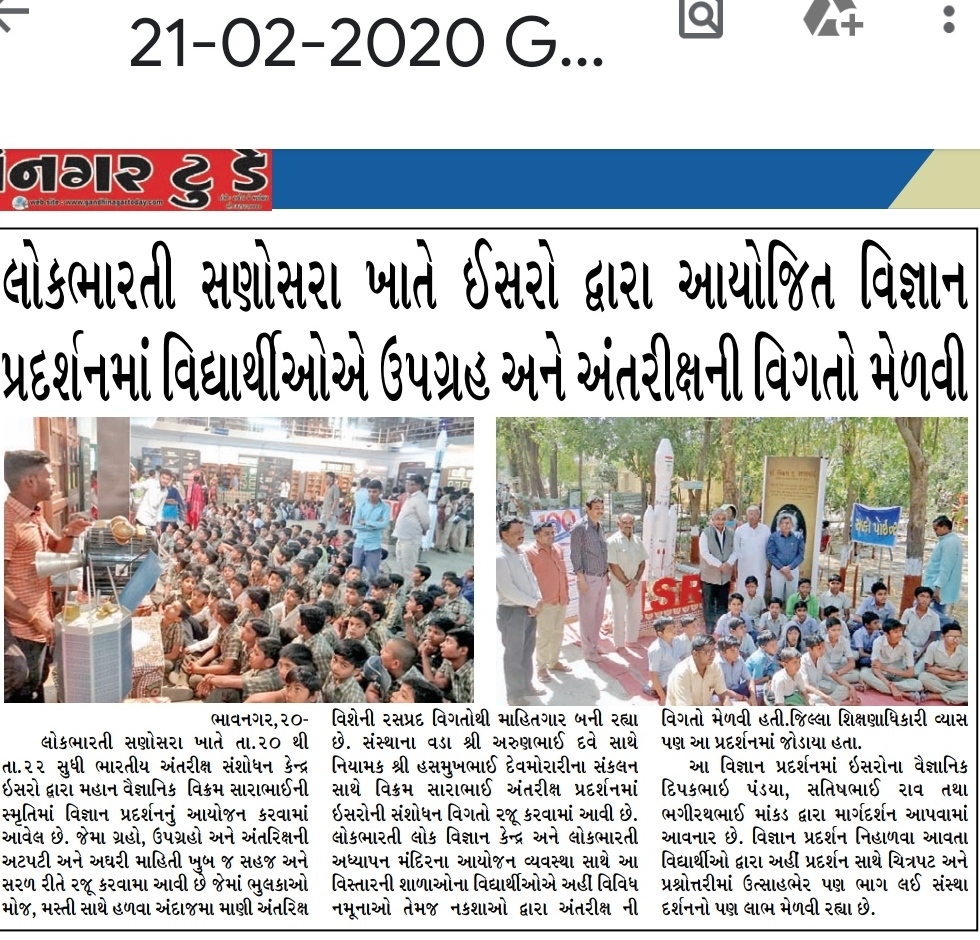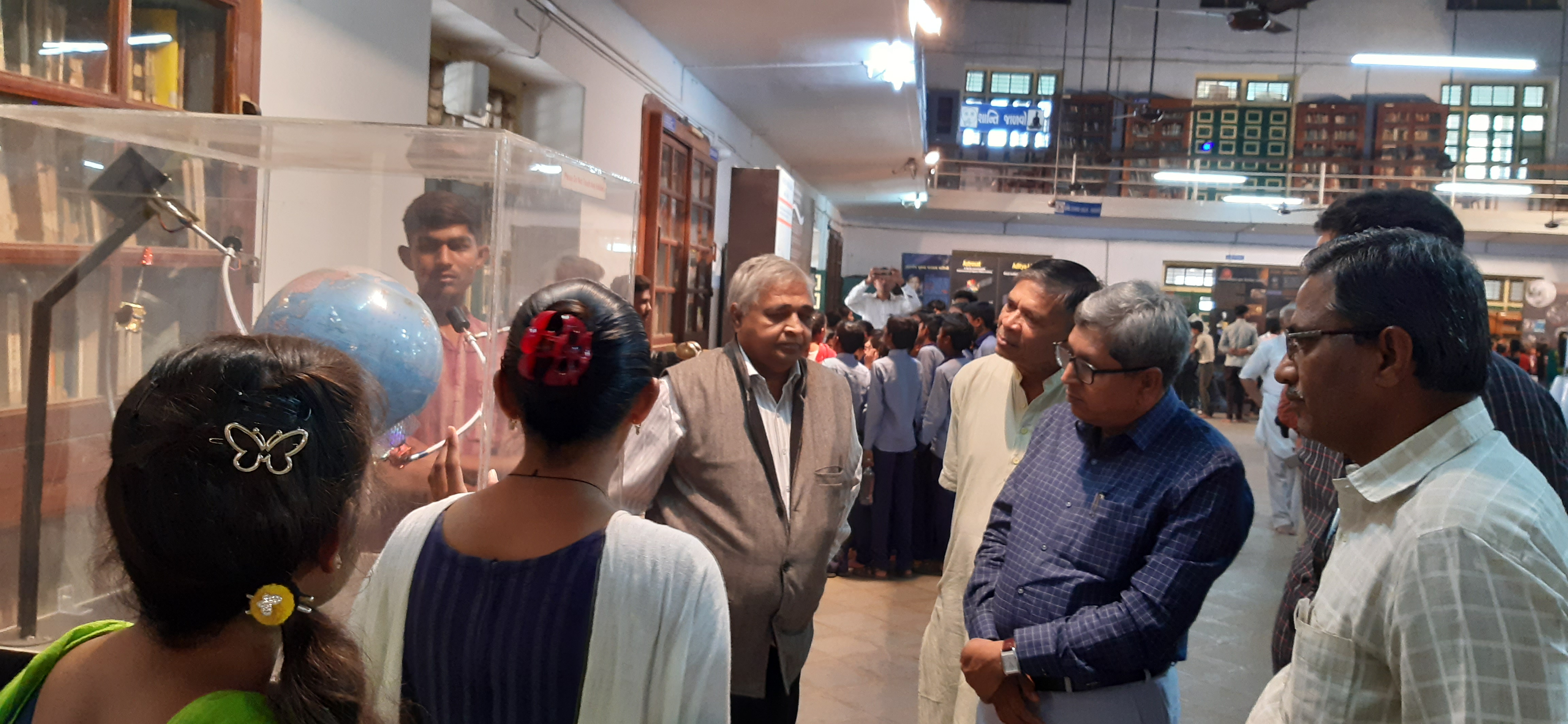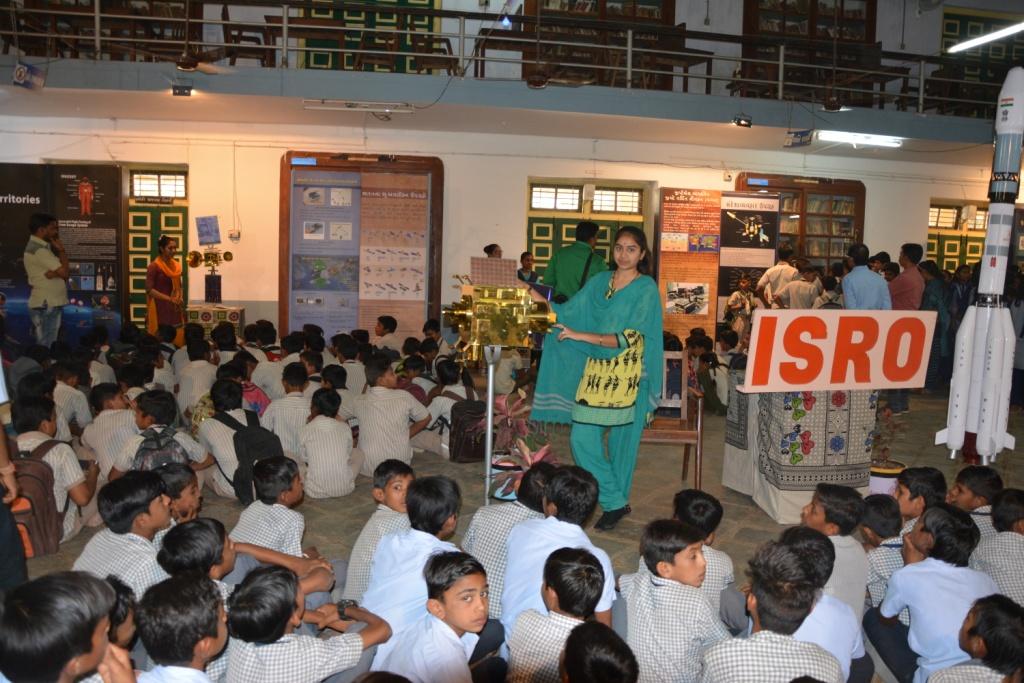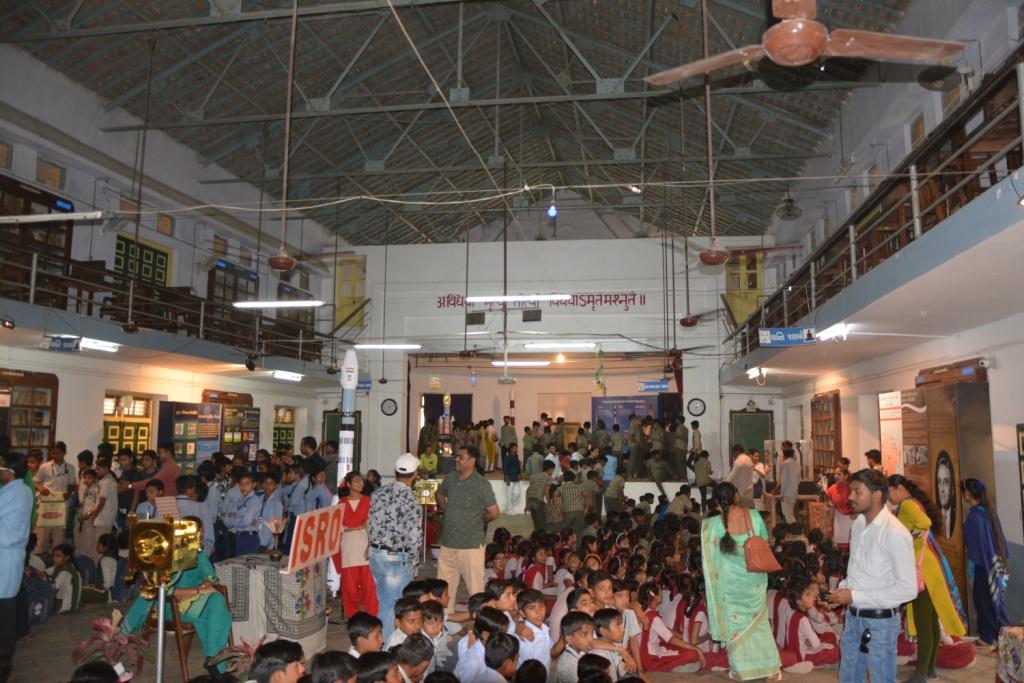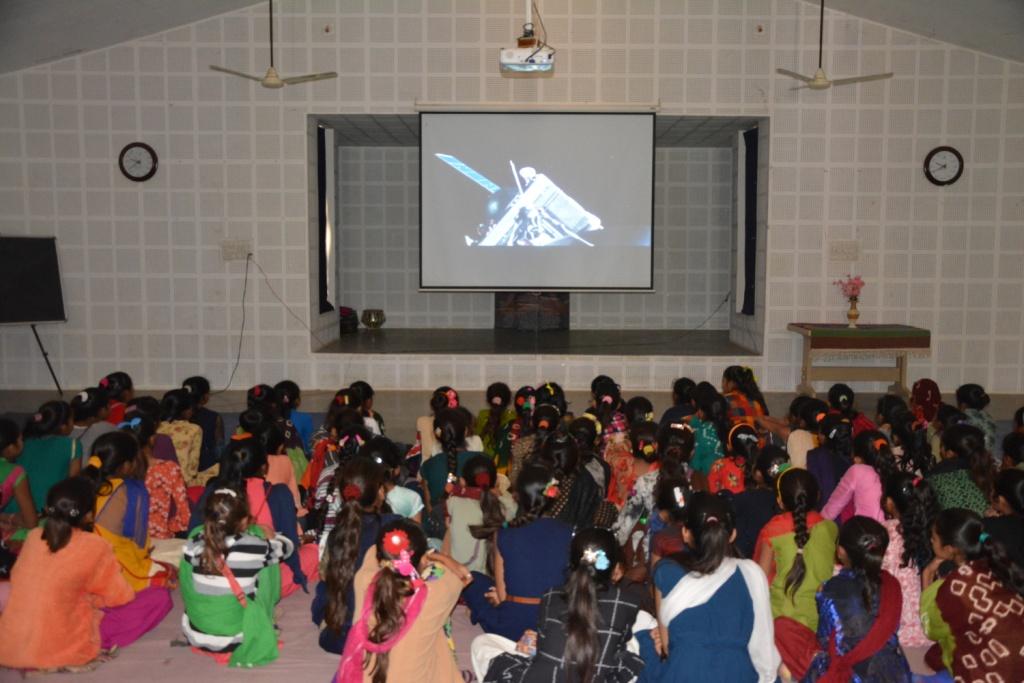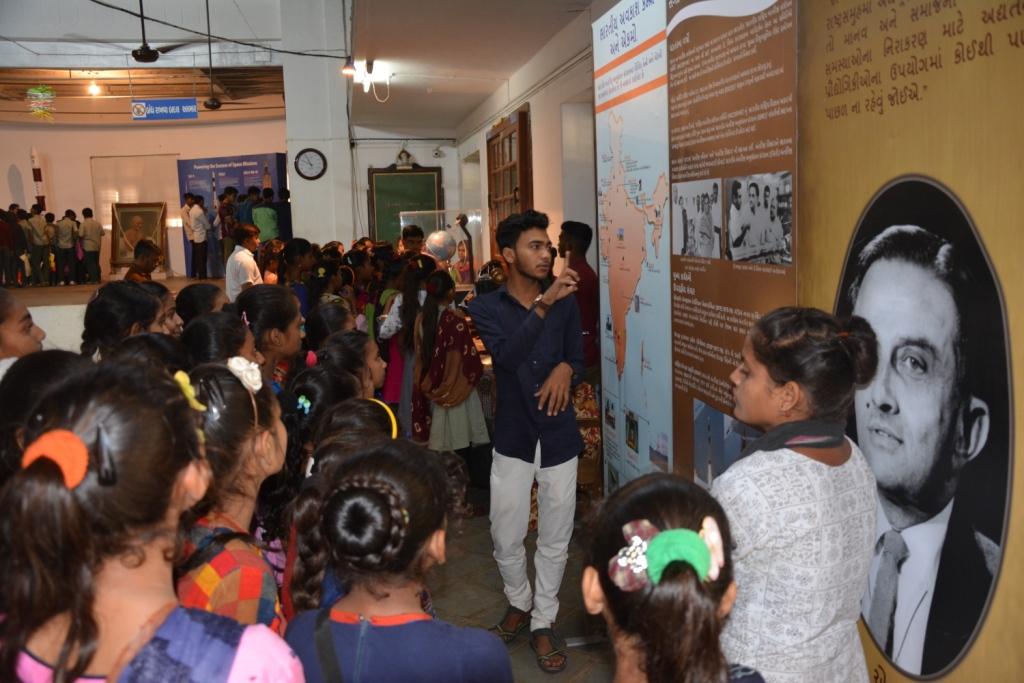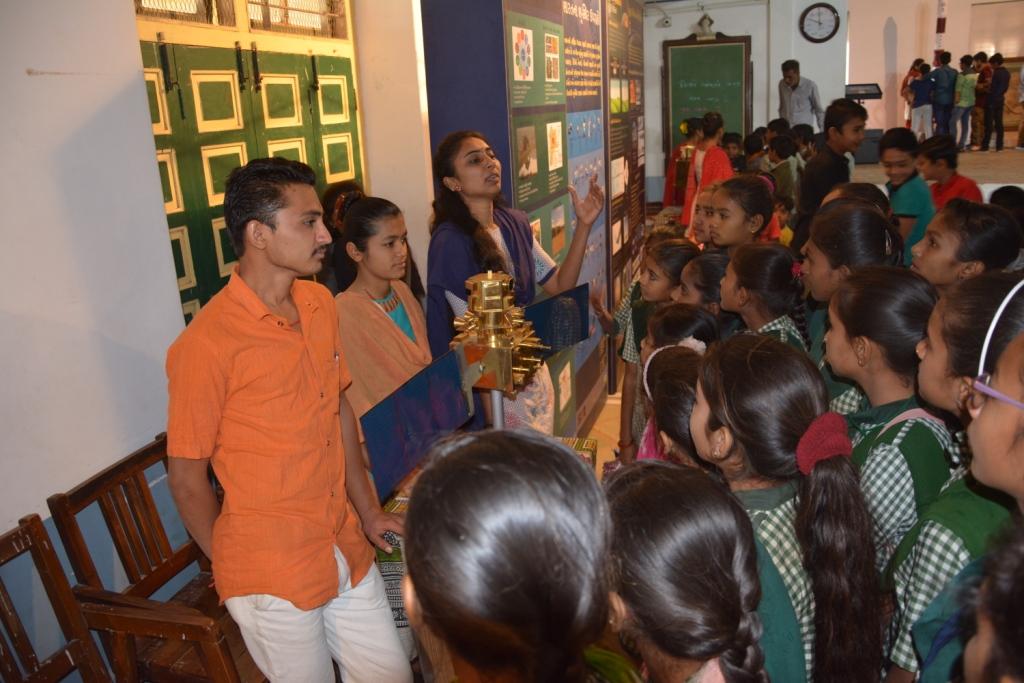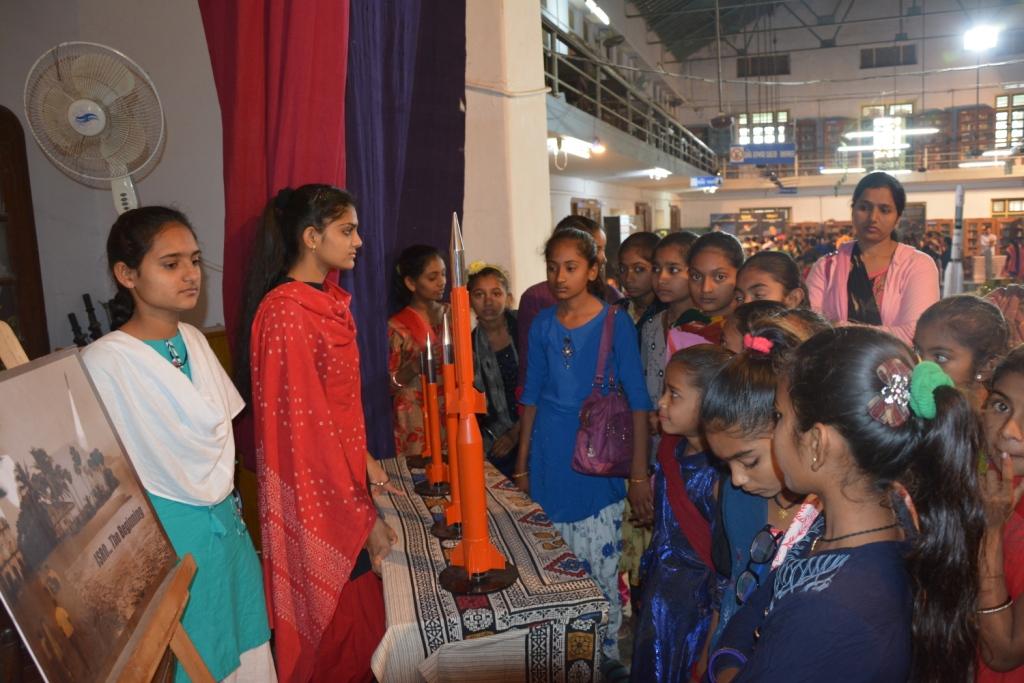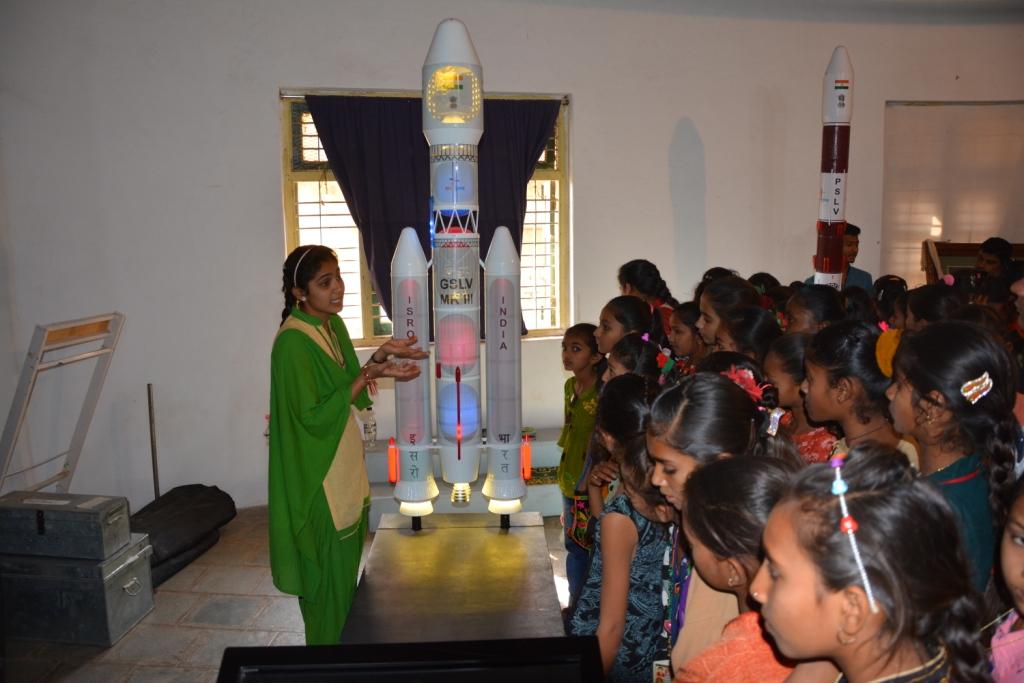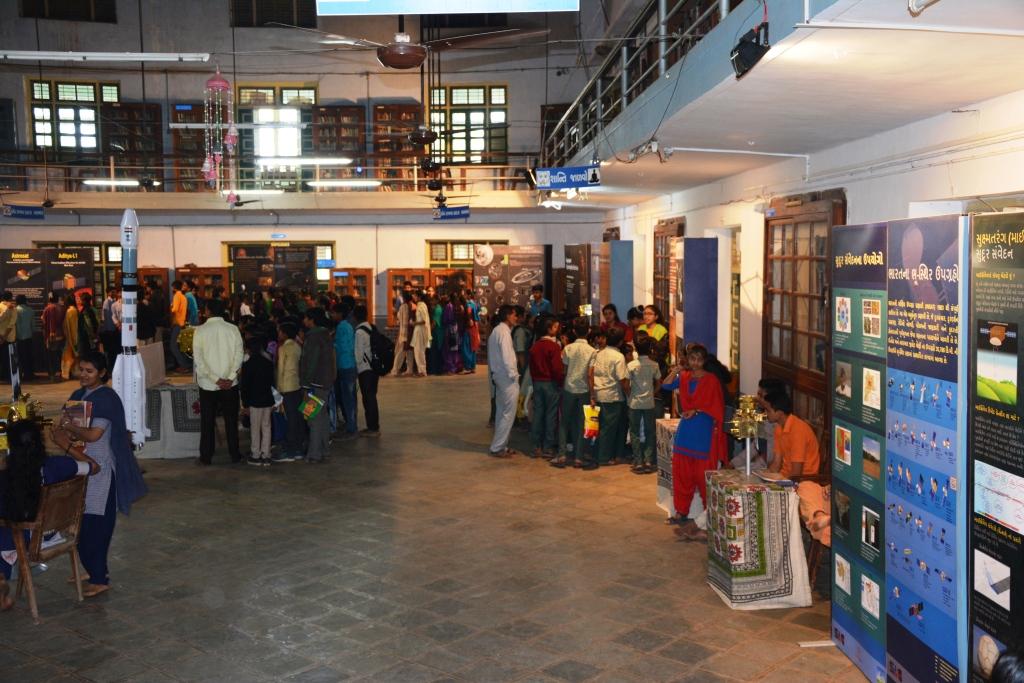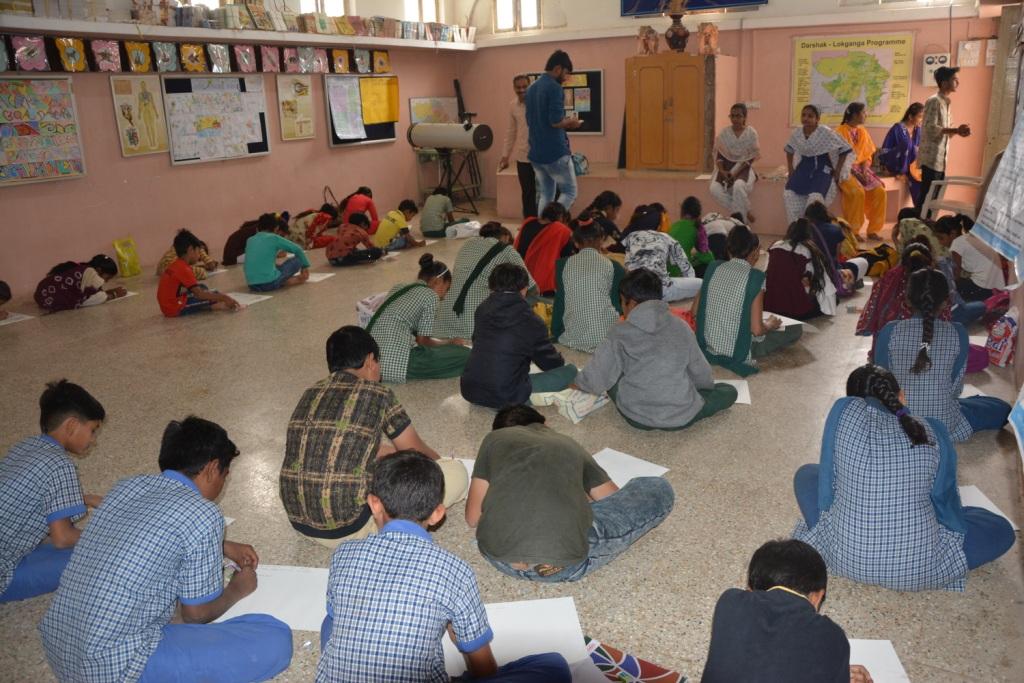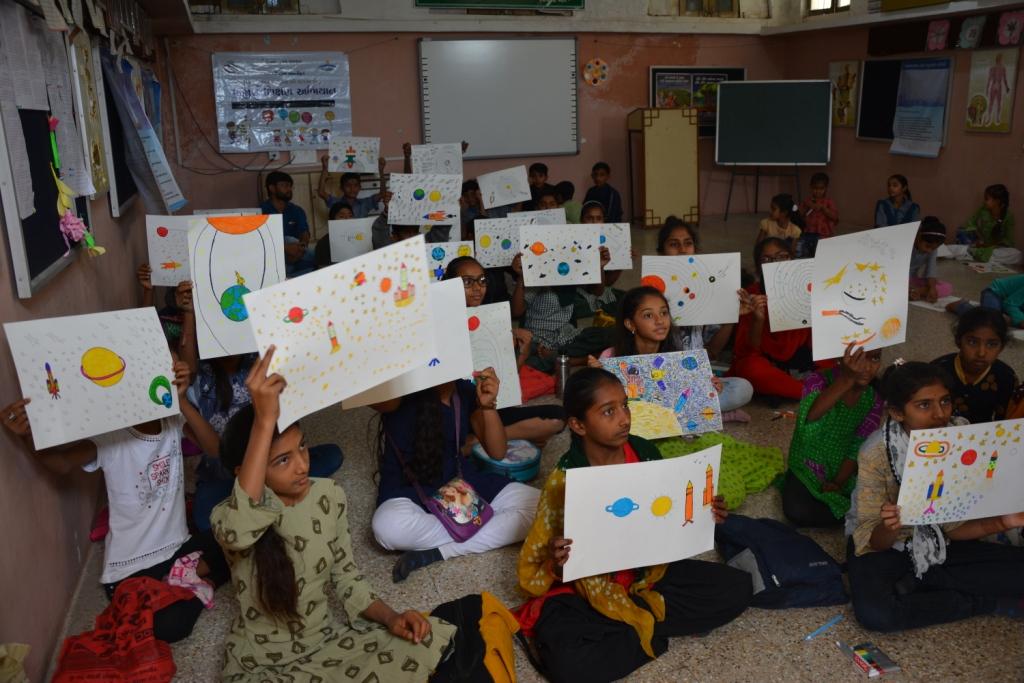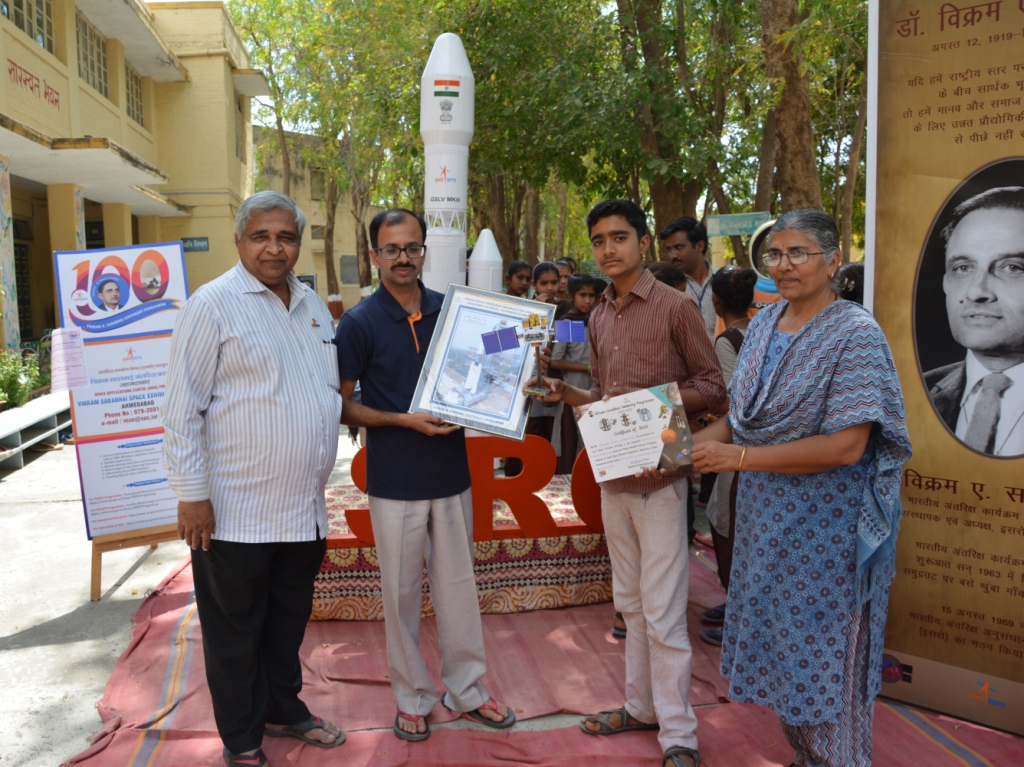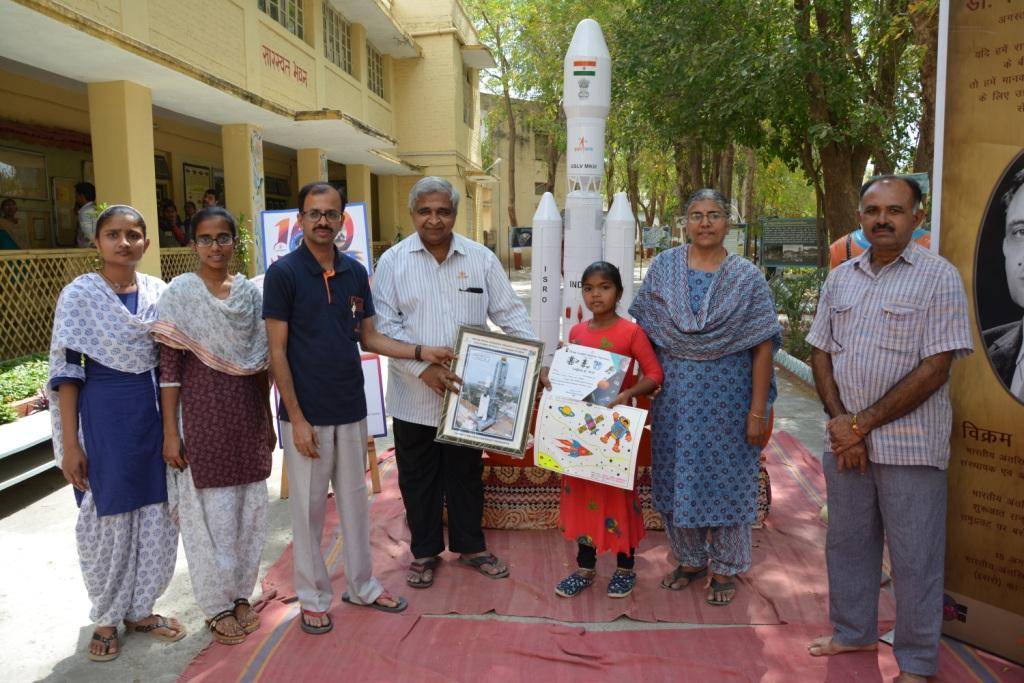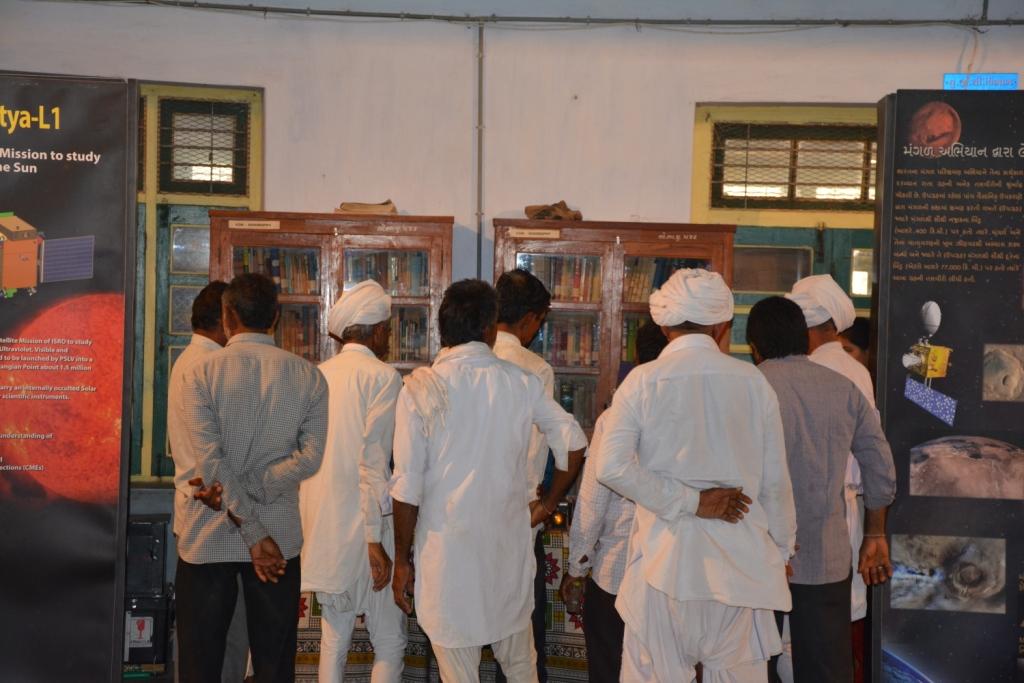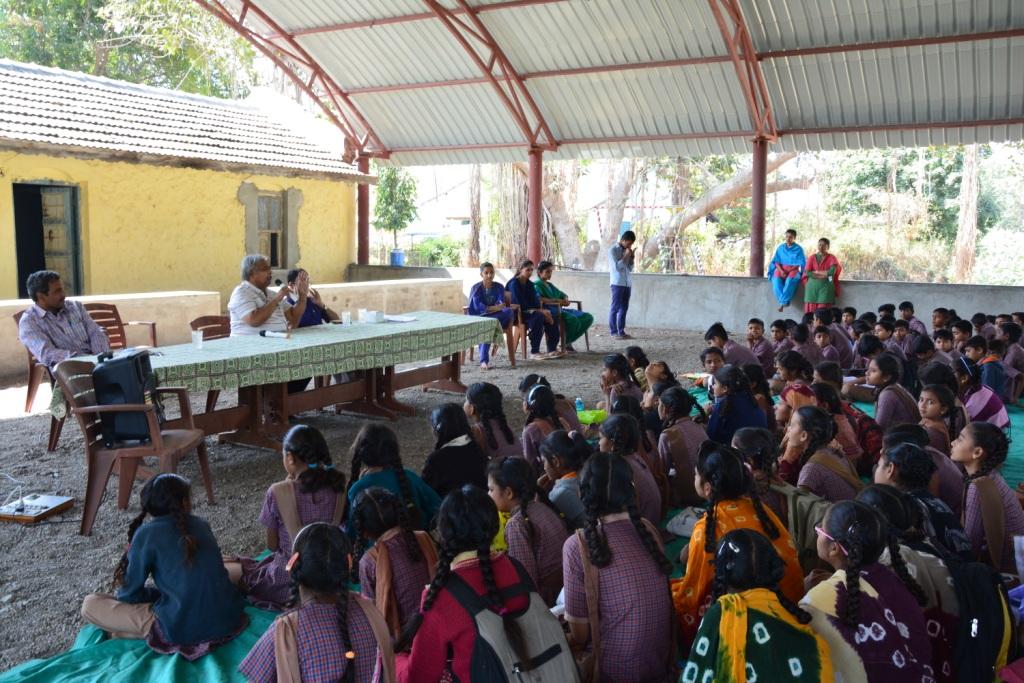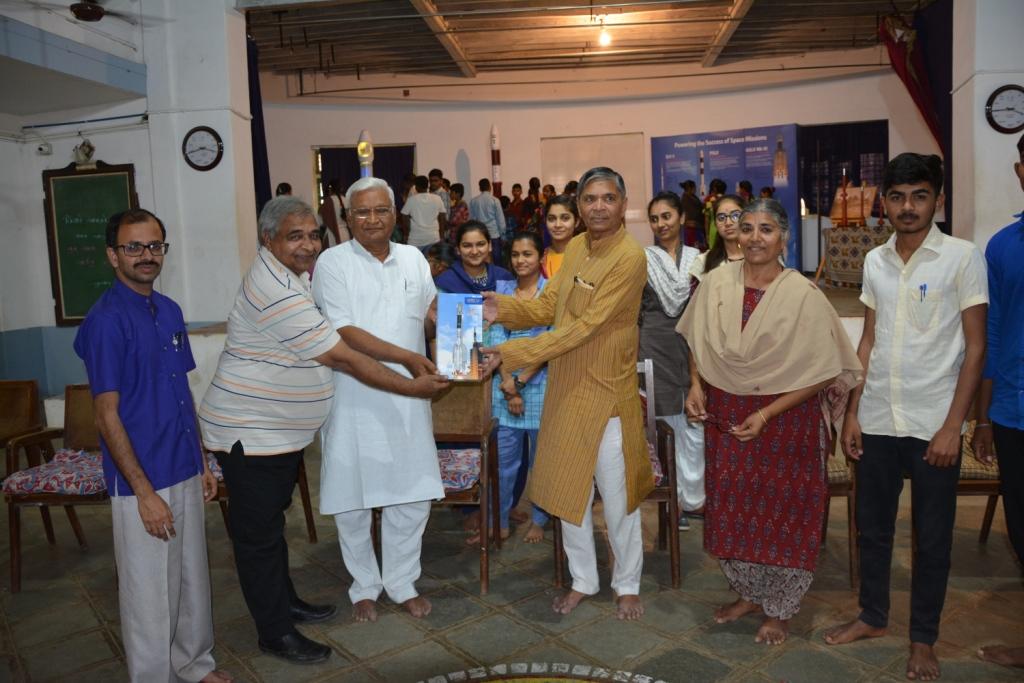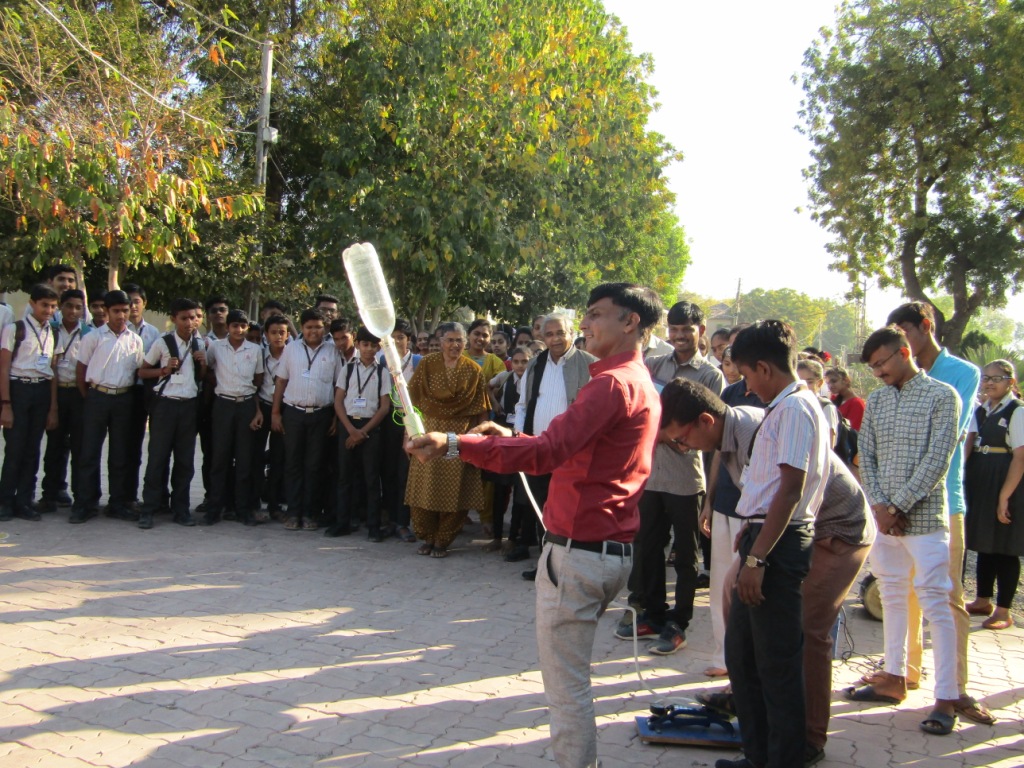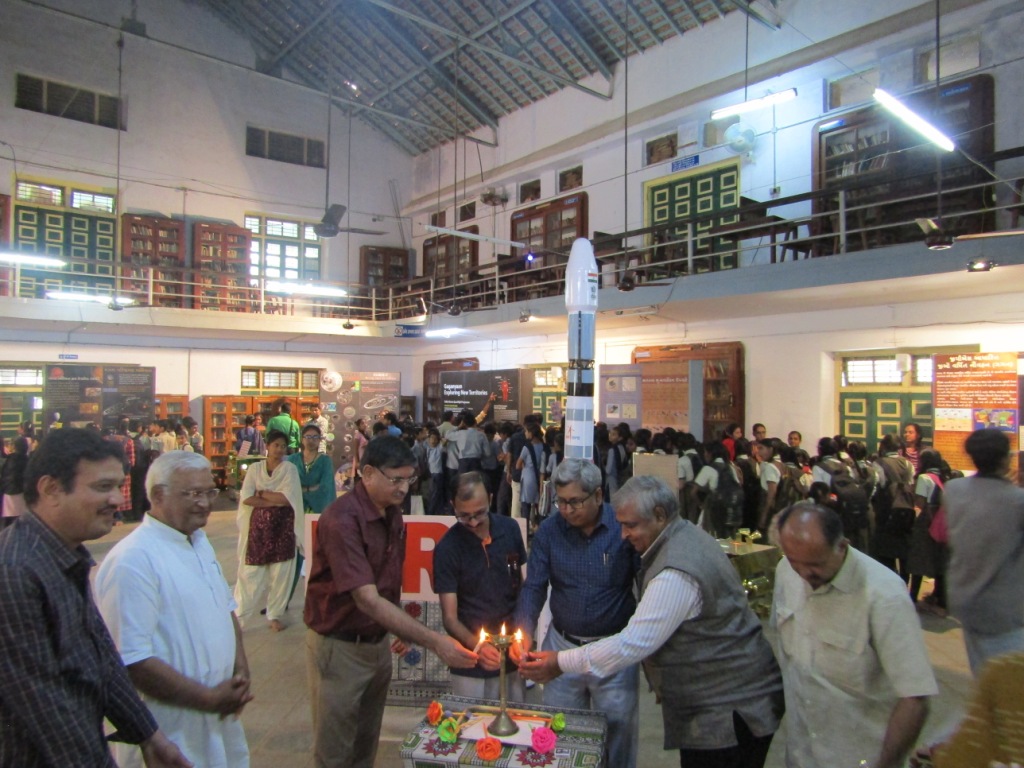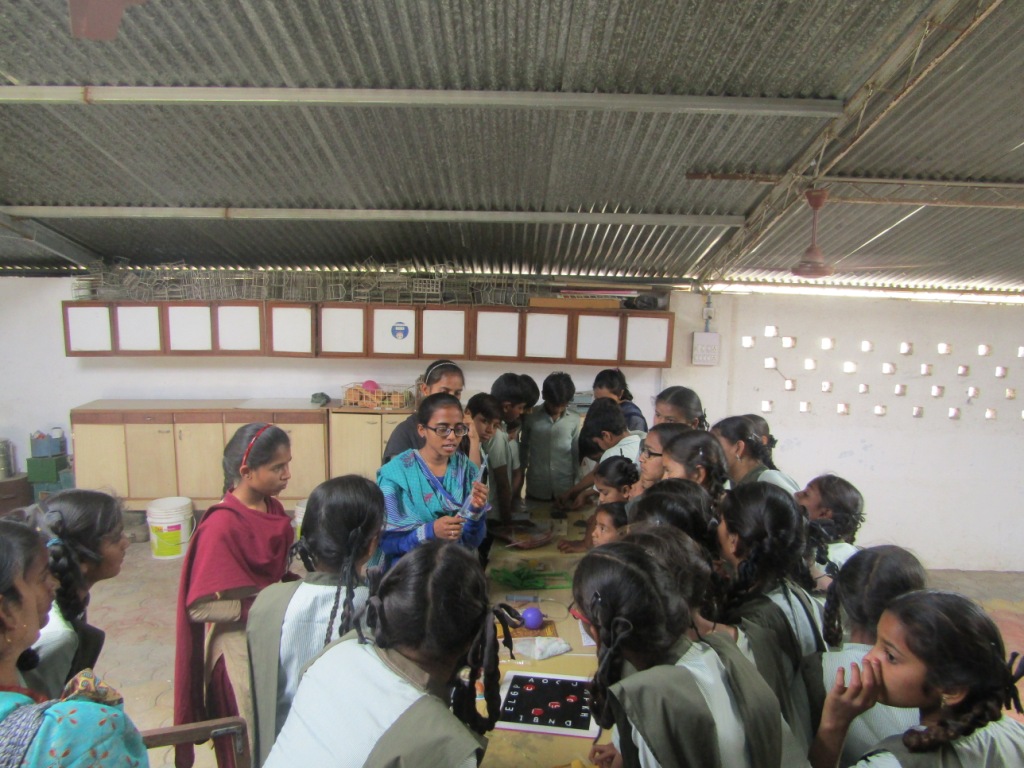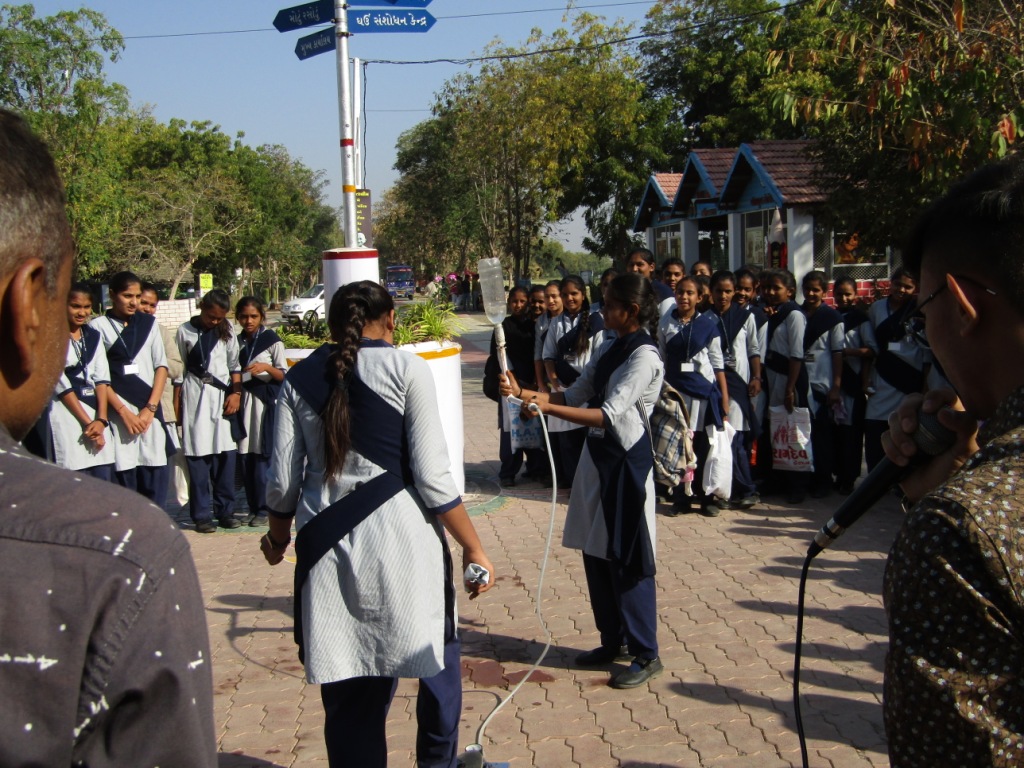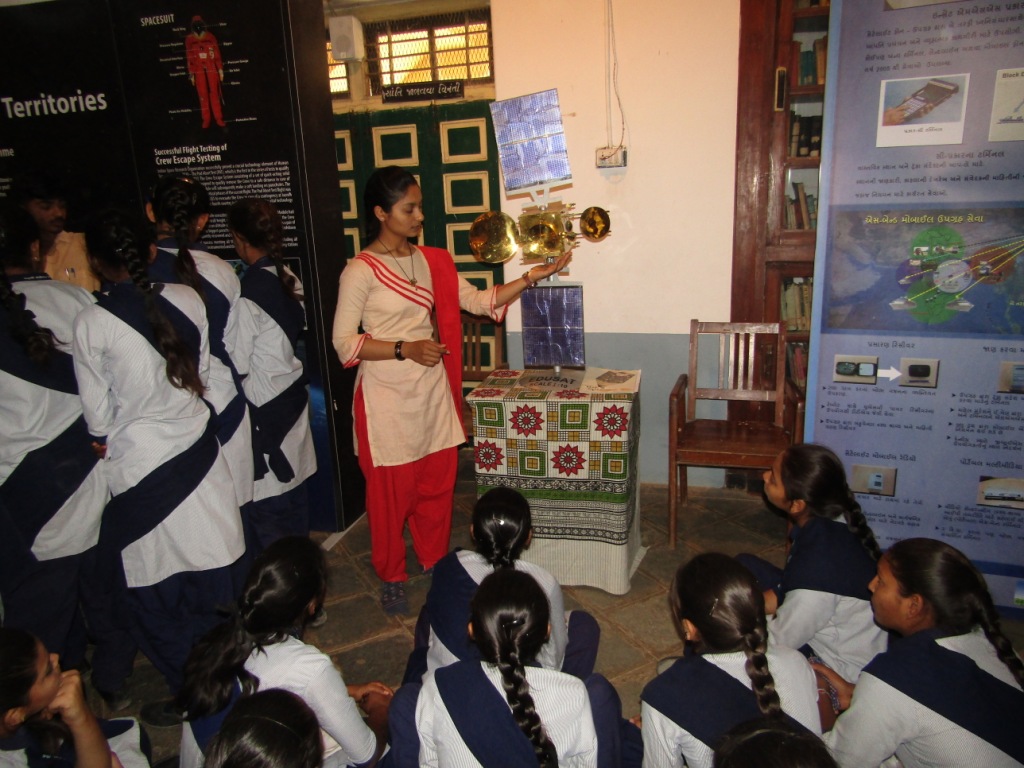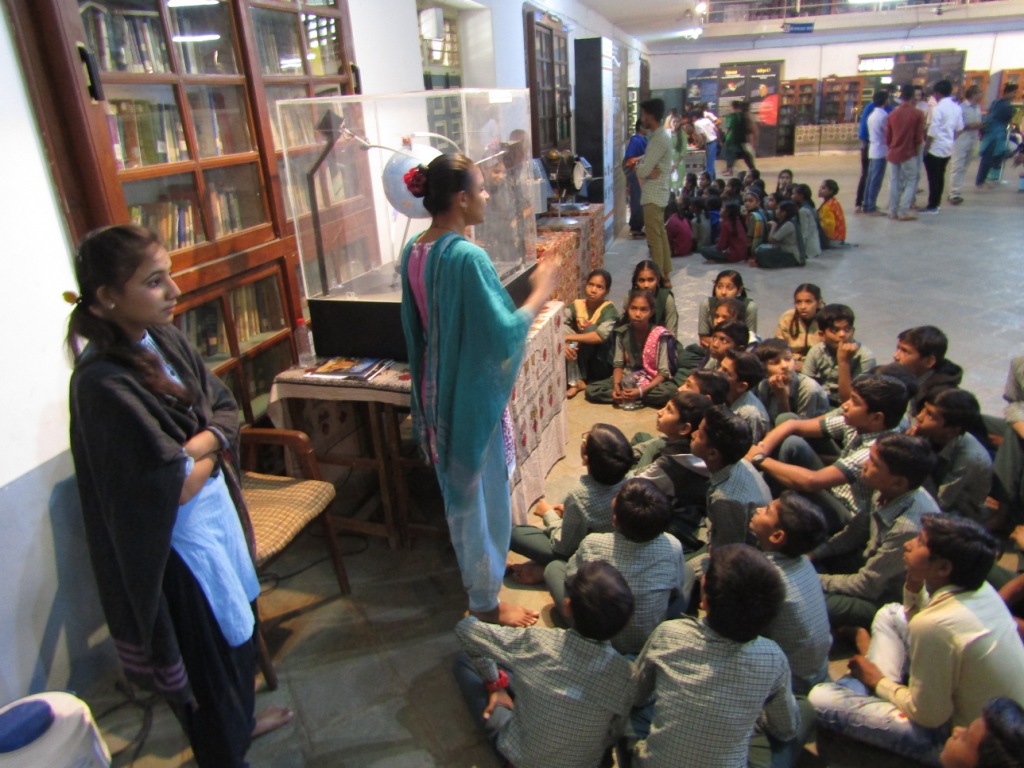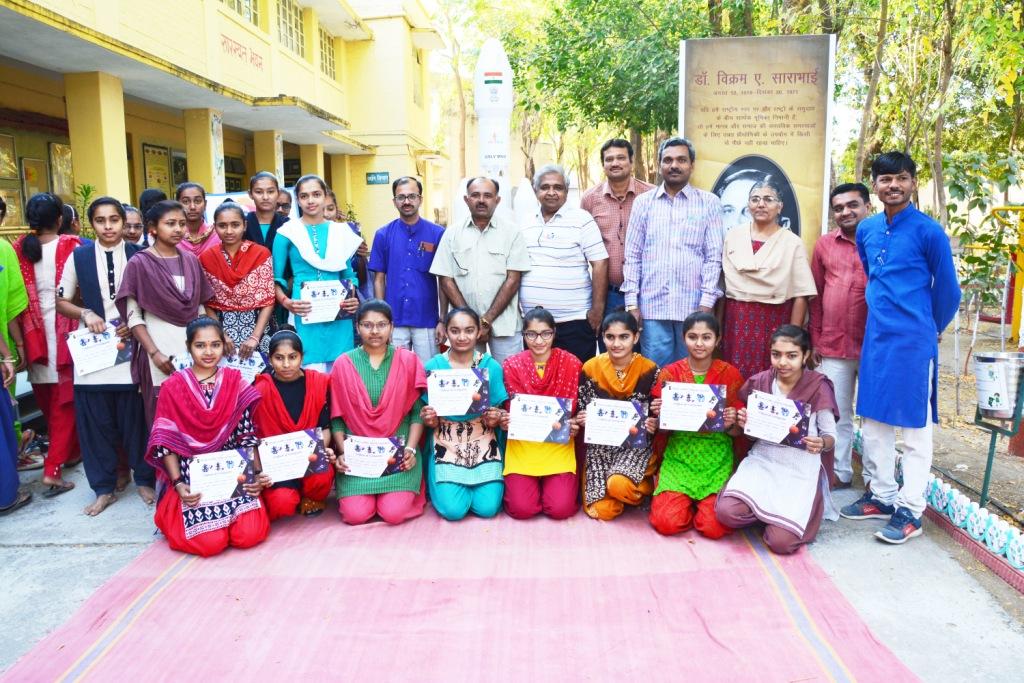Link for NCTE Web Site : NCTE : National Council for Teacher Education
Diploma in Elementary Education
Lokbharti-Adhyapan Mandir (Deploma in Elementry Education-D.El.Ed.)
A teacher plays a significant role in the balanced development of a village. As it was considered an essential task to prepare trained dynamic teachers, Adhyapan Mandir had been already started in 1948 at the mother institute – Gramdakshinanamoorti, Ambala, well-before the establishment of Lokbharti. The Adhyapan Mandir was recognized and due autonomy was also sanctioned by the state government in matters of admission, examination-evaluation, result and certification, carrying out experiments in teaching-learning processes. With a purpose of enhancing the ability and scope, this Adhyapan Mandir was shifted to the campus of Lokbharti in 1954. The admission procedure has been centralized by the state government since 2002.
The competency based syllabus of this two year training course offered after the higher secondary level, was designed in 1998 and approved by National Council for Teacher Education (NCTE) in 2000.
Sarvodaya, faith in Gandhian thoughts, socially useful productive labour, experience based training imparted through the mother tongue with co-relation and the likewise elements are considered as the means of bringing about social change in basic education. In this context the educational programmes are planned here as to fulfil the objective of preparing primary schools and post-basic schools of Nai Taleem. Community life, domestic duties-self-dependence, physical labour, khadi, simplicity, co-education etc. constitute the code of conduct in the same way as they are found in other educational sections of Lokbharti. Understanding and insistence for the use of Swadeshi and Gramodyoga things are clearly expected.
After the training, students have been found working devotionally, understanding the attitudes and needs of their students and the physical requirements of the school. They have been role-models of leadership at local level democracy and also performing special responsibilities efficiently if any assigned to them. They have been also honoured and credited in their respective field across the educational world of Gujarat. Such kind of Lokbharti Adhyapan Mandir has some special features as follows:
- Efforts are made to impart the training for the understanding of original nature and interrelationship of the education, teacher, students and parents, so that they can justify their teaching profession in future.
- Character-building process is concretized through community life, domestic-duties, self-dependence, co-education, physical labour, khadi, simplicity, collective prayer, festival, cultural programme, songs-music, sports, students’ council, Lokbharti-orientation camp, service-oriented duties, Sarvodaypatra, etc.
- Co-curricular programmes such as lectures, group discussions, self-study, subject-related field work/rural area visits, seminars/workshops, guest lectures, village internship, gramjivan sampark yatra, kindergarten camp, work-experience placement, educational tours/visits, film-shows, self-cooking-nature study camp, sky-gazing, etc. shape our teaching and learning process variegated, interesting, live and fruitful.
- Socially useful productive physical labour, gardening, kitchen-garden, spinning yarn-camp, etc. beget the sense of respect and sensitivity towards the laborers. Skill strength development and the pride of labour are cultivated among the students by allotting them labour-work every year engaging them into various socially useful productive works.
- The training s/he receives here regarding cleanliness and beautification will be helpful to him/her making the school campus attractive and beautiful in future.
- The trained teacher of this section can make the teaching-learning process interesting, easy and life-oriented with the appropriate application of TLMs (Teaching Learning Materials), songs with acting, story telling, role-plays and various activities.
- Apart from the craft of spinning and agriculture, training of computer is compulsory.
- The education devoid of fear, prize-lure and competitions assists to achieve the balanced-development, attaining the mutual love, respect and co-operative service-attitude.
- Along with the skills, the due emphasis on the language-behavior and community life makes the student polite and responsible.
- All curricular activities train students about the methods of teaching and learning, developing scientific vision and research attitude. Active participation is sought during the science-extension activities of the primary schools, held by Lok-Vigyan Kendra (Community Science Centre) inside and out-side the campus.
- Off-campus and in-campus activities devoted to the integrated education of Hand, Head and Heart, provide opportunities for the self-confidence and personality development.
- Use of modern educational technology (ICT enabled learning) creates here enough scope to match up with the contemporary trends of Nation. Due emphasis is given to the study of English language and computer-internet-application as a part of their syllabus.
- Effort is made to spread awareness regarding the importance of education and school for democracy, socialism and secular Nation-building without having any discrimination.
- The teachers imparting training here are informed with the National and International trends of Education.
- Constant efforts are made to enliven the contacts with the parents and former students for suggestions and feedback.
- The faculty-members are also provided opportunities and occasions to develop their efficiency-ability by allowing them to take part in useful off campus programmes. Freedom is given to the teachers to adopt various teaching methods, experiments in teaching and evaluation systems during examinations.

- Students Details FY Pursuing-2022-23
- Quality Improvement Program
- Students Details SY Pursuing-2022-23
- Recognition Letter
- NCTE Intake
- Balance sheet 2021-22
- Profit and Loss 2021-22
- Students Details SY Pass Out 2021
- Staff Profile-2021-22
- Staff Profile 2022-23
- Student Details F.Y. Pursuing 2021-22
- Students Details S.Y Pursuing 2021-22
- SWARANAM MADHURAM-ActivityReport-23-24
- INFRASTRUCTURE OF ADHYAPANMANDIR
- Annual Planning 2024-25
- Balance Sheet-2022-23
- Students Details Pass Out-2022
- Profit and Loss-2022-23

